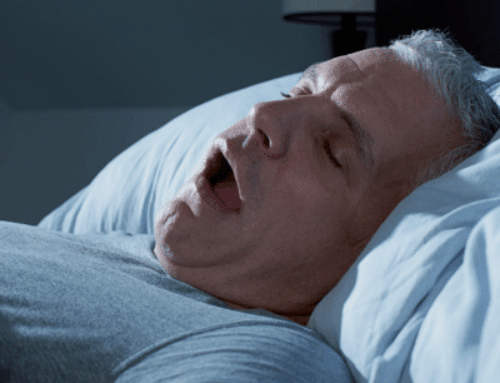All of us either know someone with chronic headaches or migraines, or we regularly experience them ourselves. Saying they are unpleasant is an understatement, but many people don’t know much about them beyond that. Migraines, in particular, can be triggered by various factors such as stress, hormonal changes, certain foods, or environmental factors.
Our team at Virginia ENT discusses what they are, what options exist for treatment, and how seeing an ear, nose, and throat doctor can provide you with relief from them. We specialize in identifying potential underlying causes of headaches, offering targeted treatments, and providing long-term solutions for managing symptoms. Don’t let headaches interfere with your life—contact us to explore the best course of action for your health.
How is a Migraine Different from a Regular Headache?
Migraines are characterized by episodes of intense pressure or pain in the head that can also be accompanied by nausea or sensitivity to light, sound, or movement. They can also come with ear pain, dizziness and seeing flashing lights. These symptoms may become so severe, a person will visit an emergency room for treatment. Typically, they only affect one side of your head, but they can cause unpleasant sensations on both sides. Migraines occur with triggers like bright lights, certain smells, loud sounds or even some foods.
Headaches, on the other hand, are a bit more general in nature. They are characterized simply by pain in the head, and usually don’t come with the other symptoms that can come with migraines. Headaches affect both sides of the head more commonly, but one type of headache, called cluster headaches, are only felt on one side. Headaches can come about when a person is under stress or in the presence of muscle strain.
What Treatment Options Exist?
Typical treatment options can include the following:
- Over-the-counter pain relief medications like ibuprofen or aspirin can be used occasionally
- Prescription pain relief medications when over-the-counter options don’t provide relief
- Prescription anti-migraine drugs, commonly available as pills, injections, or nasal sprays
- Anti-nausea drugs if migraines induce nausea and vomiting
- Botox injections
Work with your doctor to determine what treatment options will work best for you. Some prescription migraine medications come with risks for people who have other health conditions, and over-the-counter medications can also have unpleasant side effects.
Why Should I See an Ear, Nose and Throat Doctor For Headaches or Migraines?
One of the main pillars of treating migraines is finding what triggers them and reducing the prominence of those triggers in a person’s life. An ear, nose and throat doctor can help you identify what brings on painful migraines, and they can offer targeted treatments when they are caused by inner ear disease, sinus pressure and other related conditions. Traditional migraine and headache treatments won’t work efficiently when they are caused by these issues, but your ear, nose and throat doctor can provide other treatments that get to the root cause.
Both migraines and headaches can prevent you from enjoying your regular daily activities, but they don’t have to hold you back. Migraines, in particular, can be debilitating, often accompanied by nausea, sensitivity to light and sound, and intense throbbing pain. Identifying the root cause of your migraines is essential in finding effective treatment.
Scheduling an appointment with our providers at Virginia ENT is the first step in diagnosing the cause of and treating your migraine headaches. We offer a comprehensive evaluation to assess your symptoms and create a personalized treatment plan tailored to your needs. Whether it’s lifestyle changes, medication, or other therapeutic approaches, we are dedicated to helping you find relief. Contact us today and take the first step in feeling great again—your path to better health and wellness starts with just one call.








